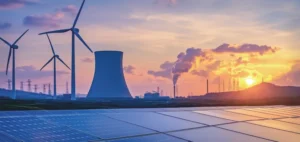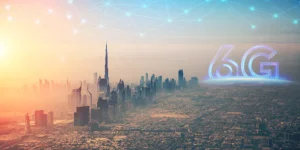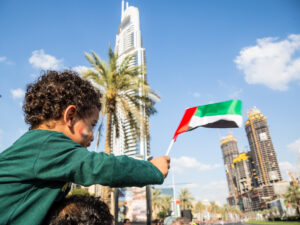China showcased its largest-ever military parade in Tiananmen Square, commemorating the 80th anniversary of Japan’s surrender in World War II. Overseen by President Xi Jinping, the event demonstrated both military modernization and diplomatic power, with the presence of Russian President Vladimir Putin and North Korean leader Kim Jong Un signaling a shifting global alliance.
China Showcases Military Prowess
The parade unveiled hypersonic missiles, AI-driven robotic units, and advanced air defense systems, marking China’s advancements in defense technology. Xi Jinping emphasized national strength and resilience, presenting the armed forces as both a deterrent to external threats and a safeguard of global peace.
Putin and Kim’s Presence Sends Strong Signal
Putin and Kim’s attendance underscored growing strategic alignment between China, Russia, and North Korea. Their participation signaled a coordinated bloc challenging Western influence in Asia and beyond.
A Carefully Crafted Message to the World
The parade sent a strong message to Washington, Brussels, and Tokyo: global power is shifting toward multipolarity. Xi urged for “cooperation over confrontation,” framing China as a defender of peace while showcasing cutting-edge military advancements.
Western Concerns and Regional Implications
Western governments expressed concern over Beijing’s rising military power and its intent to reshape global narratives. Regional neighbors, particularly Taiwan, Japan, and South Korea, are expected to view the event with unease, especially given Kim Jong Un’s participation.
Emerging Power Bloc and the Global Order
The event highlighted the strengthening China-Russia-North Korea alignment, with potential implications for the United Nations and regional security in East Asia. This informal bloc represents a collective counterbalance to Western dominance.
Conclusion: A Turning Point in Global Politics
China’s monumental parade was both a commemoration and a declaration of future intent—to lead a new global order with strategic allies Russia and North Korea. As Xi Jinping stated, the world faces a choice between “peace and war,” and Beijing intends to shape that decision.









